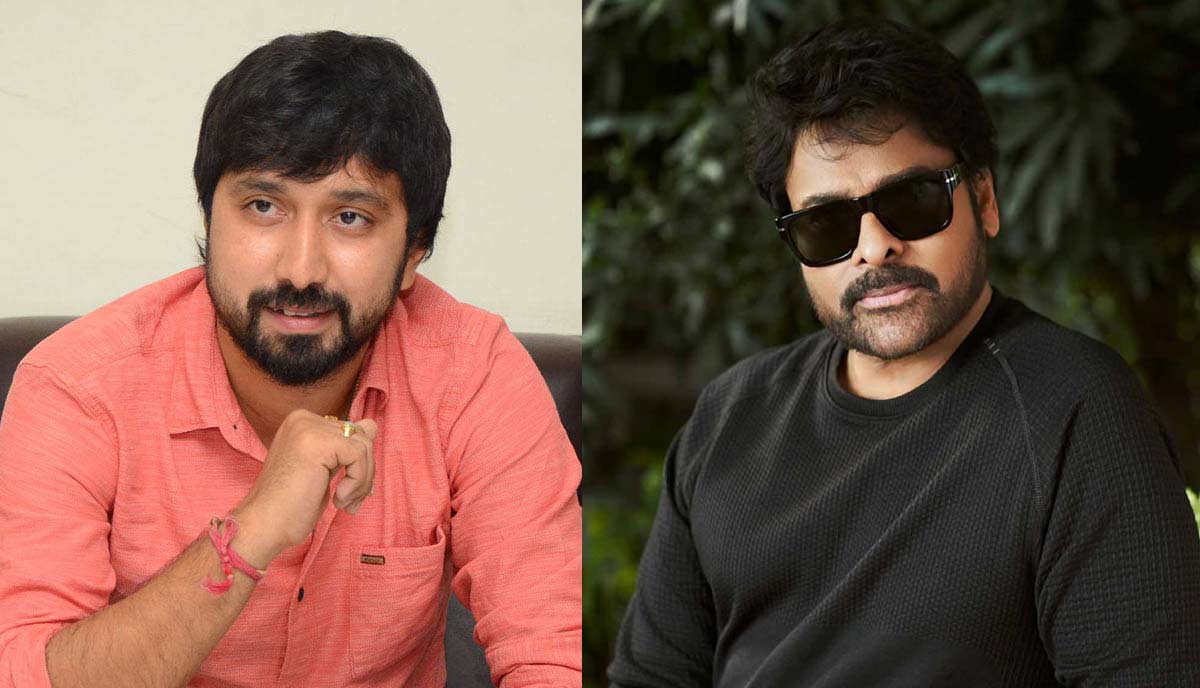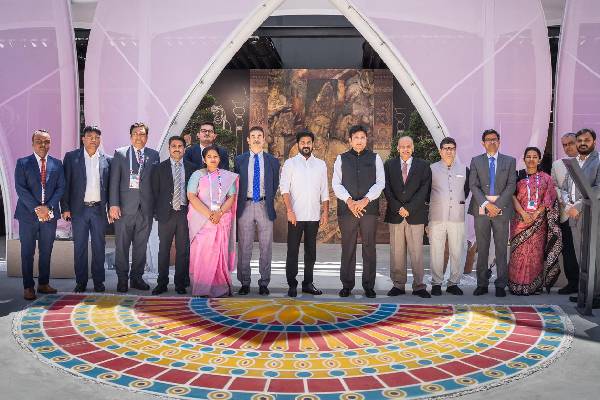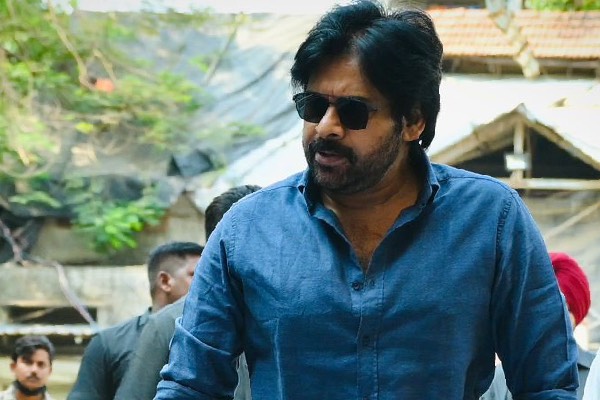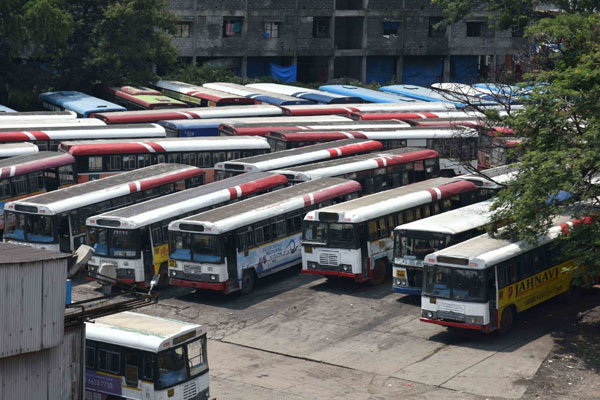In a setback to SBI and RBI, the Supreme Court has refused to stay the judgment dated December 10, 2020 of a Division Bench of the Telangana High Court, in appeals filed by SBI and RBI.
In the matter of State Bank of India & others Vs. Rajesh Agarwal & others, the appeals of SBI and RBI were heard by the Supreme Court bench of Justice R. F. Nariman, Justice B. R. Gavai and Justice H. Roy.
The Supreme Court has allowed the parties to file replies and rejoinders and listed the matter on July 13, 2021.
The Supreme Court also directed that the minutes / order of the Joint Lenders’ Meeting dated February 15, 2019 is not to be acted upon.
This order would be a major relief to other parties who are similarly placed and affected by fraud classification by lenders without the principles of natural justice being followed. As per the RBI circular on fraud classification, lenders are to file the complaint with CBI in the stipulated time. Based on this order, lenders and CBI cannot proceed.
The Telangana High Court had provided following reliefs as per its Judgment dated December 10, 2020:
“70.1. Firstly, the principle of audi alteram partem, part of the principles of natural justice, is to be read in Clause 8.9.4 and 8.9.5 of the Master Circular.
70.2. Secondly, the decision, dated 15.02.2019, passed by the JLF, and the resolution dated 31.07.2019, passed by the FIC are, hereby, set aside.
70.3. Thirdly, the JLF is directed to give an opportunity of hearing by furnishing copies of both the Reports, namely the Forensic Auditor Report, dated 06.04.2018 and the subsequent Report submitted by Dr. K.V. Srinivas, IRP, to the petitioner, and to the OL.
70.4. Fourthly, the JLF is directed to give an opportunity of personal hearing both to the petitioner and to the OL before taking any decision on the issue whether the account should be classified as ‘fraud’ or not?
70.5. Fifthly, after the JLF has taken its decision, the FIC is directed to pass its resolution whether the decision of the JLF should be confirmed or not?”
In a minor concession to the appellants, the Supreme Court stayed the Telangana High Court’s observation that a personal hearing be given.


































